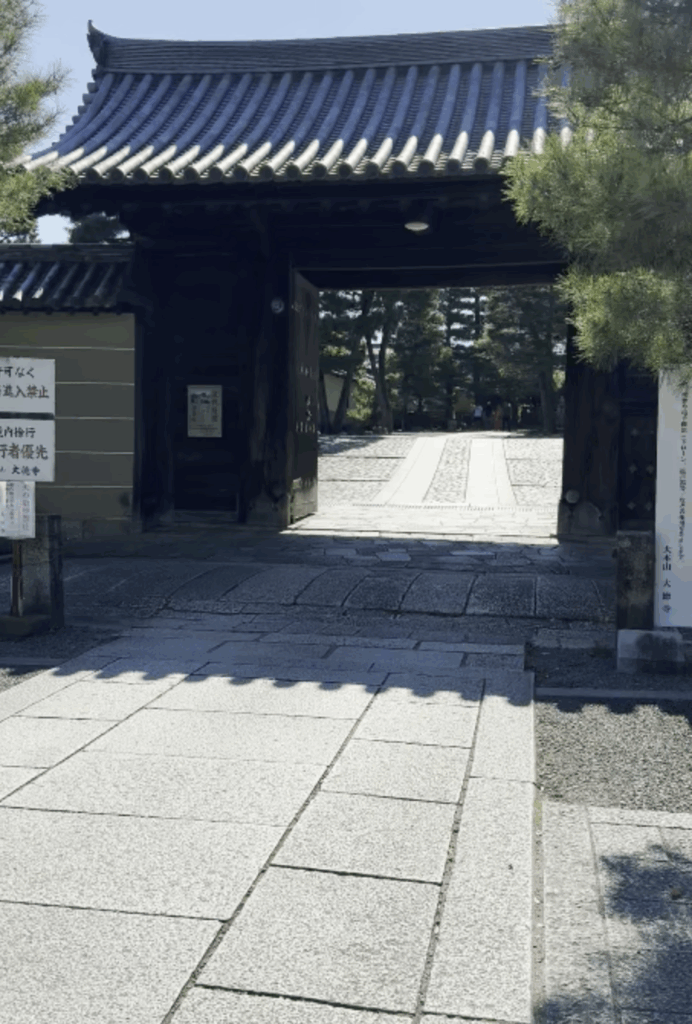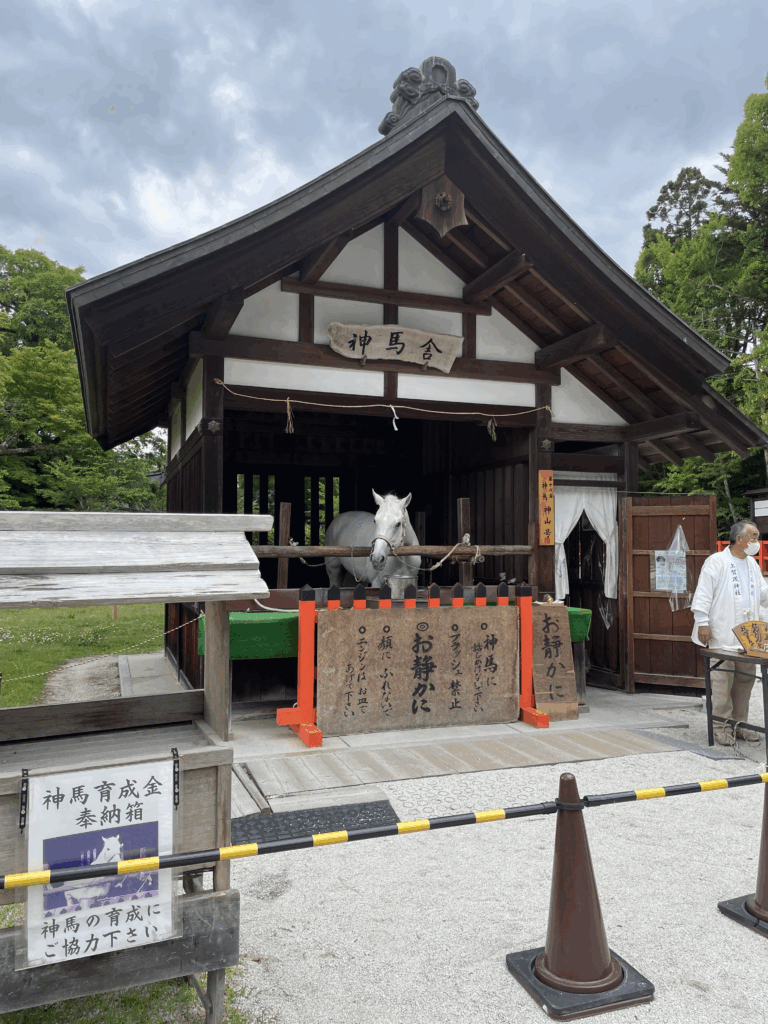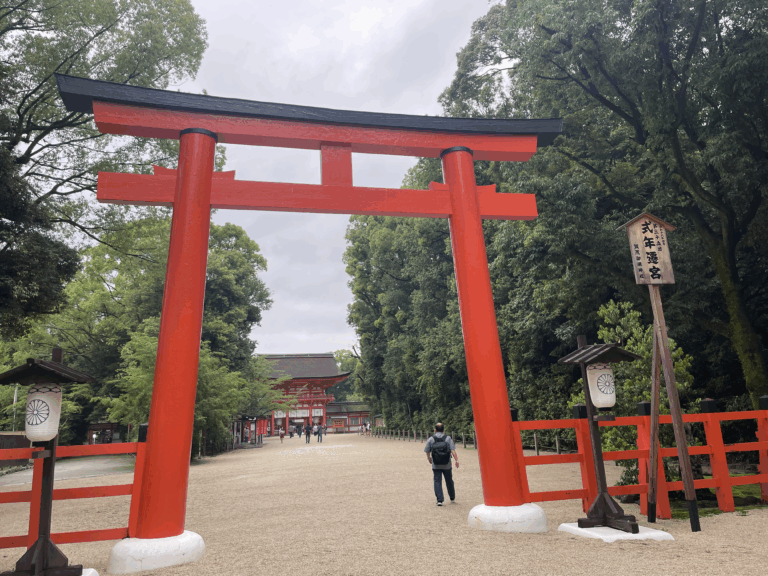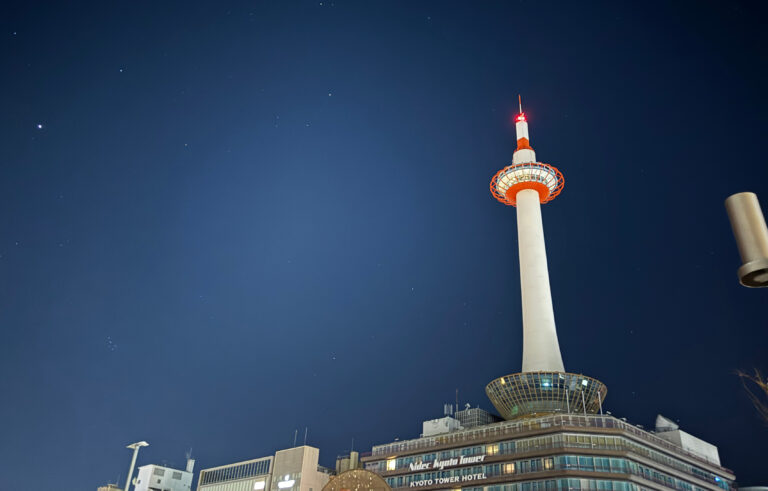Daitoku-ji Temple: A Zen Sanctuary with a Dramatic Past
A Temple of Zen and Tea
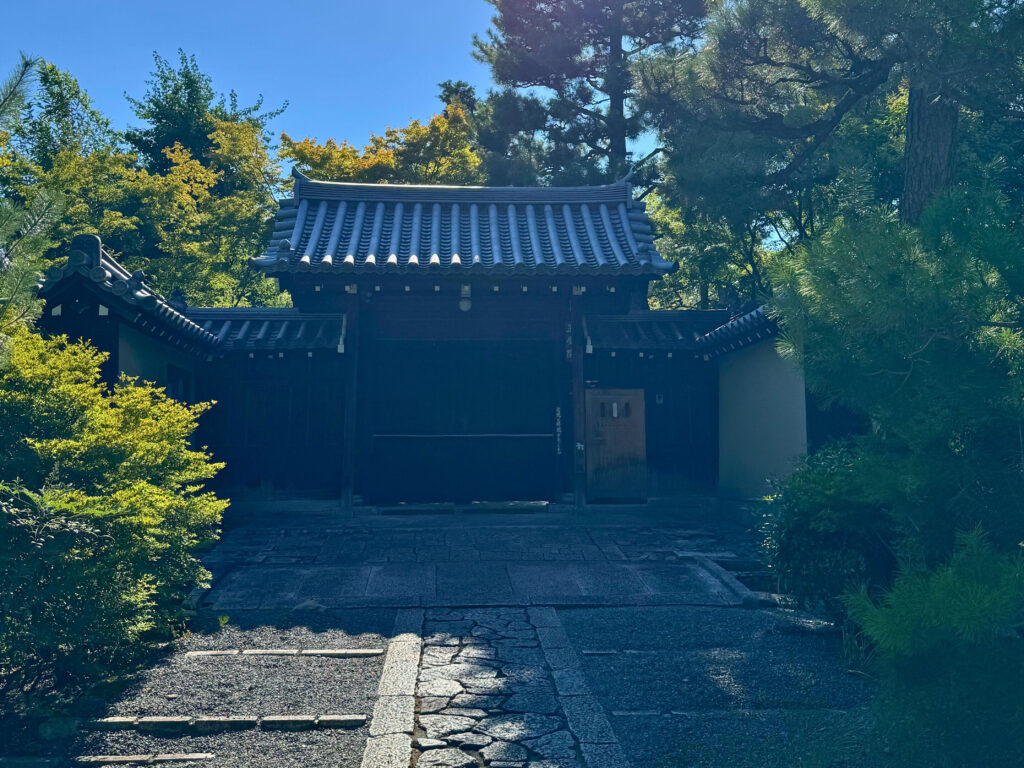
Behind the quiet wooden gates of northern Kyoto lies Daitoku-ji, one of the city’s largest Zen temple complexes. Known for its serene gardens and deep connection to the tea ceremony, it also carries a dramatic story that forever changed the life of Japan’s greatest tea master.
Daitoku-ji is one of Kyoto’s most remarkable Zen temple complexes, located in the northern part of the city. At first glance, visitors may only see its quiet wooden gates and gravel paths, but behind them lies a hidden world of history and spirituality. The grounds contain more than 20 sub-temples (tatchu), most of which are closed to the public. However, during special openings in spring and autumn, a handful welcome visitors, offering a rare chance to step into their serene gardens, admire delicate sliding door paintings, and experience the tranquil atmosphere cultivated by generations of Zen monks.
The temple is also deeply tied to the history of the Japanese tea ceremony. Great masters such as Sen no Rikyū practiced here, and the spirit of wabi-sabi (finding beauty in imperfection) can still be felt in its moss-covered gardens. But not all stories are peaceful. The magnificent Sanmon gate, donated by Rikyū himself, became the center of controversy. When he placed a statue of himself inside the gate, Toyotomi Hideyoshi viewed it as an act of arrogance. This incident led to Rikyū’s tragic forced suicide in 1591, forever linking Daitoku-ji to one of Japan’s most dramatic cultural episodes.
Today, Daitoku-ji remains a place where history, Zen practice, and art quietly coexist. Even a short stroll through its outer grounds can give visitors a sense of stepping back into another world.
Daitoku-ji Temple
53 Murasakino Daitokuji-cho, Kita-ku, Kyoto 603-8231, Japan
